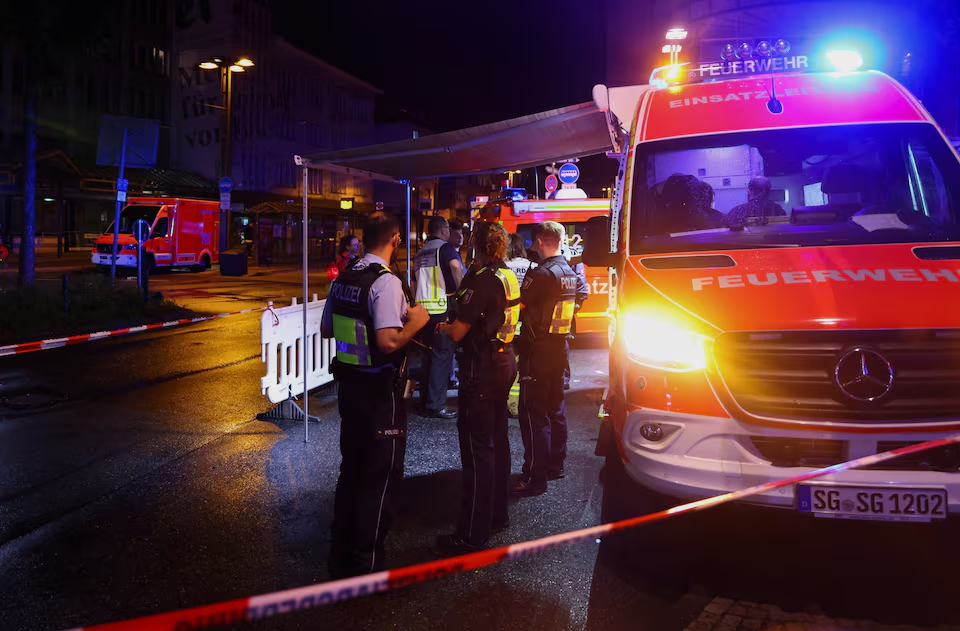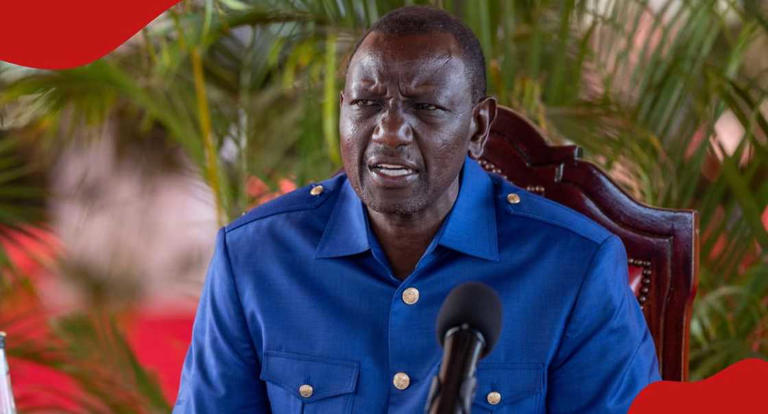
Macron’s Ukraine troop talk shakes up NATO allies
Published: Feb.,28,2024 12:51 PM(EAT)
French President Emmanuel Macron wanted to create “strategic ambiguity” by openly discussing the idea of sending Western troops to Ukraine, but he was so ambiguous that he sparked confusion and irritation among some allies.
Macron’s comments at a late-night news conference, after he hosted a meeting of Western leaders to rally support for Ukraine, fitted with his reputation as a diplomatic disruptor who likes to break taboos and challenge conventional thinking.
By declining on Monday night to rule out putting Western boots on the ground in Ukraine, Macron was challenging the prevailing view that such a move would gravely escalate the risk of a global war between NATO and Russia.
His comments may turn out to be prescient and pave the way for greater direct Western involvement in the war in Ukraine against Russia’s invasion sometime down the line.
But they also run the risk of undermining the very thing Macron sought to bolster with the Paris meeting – unity among Ukraine’s Western allies as Kyiv’s forces struggle to hold off Russian troops two years into the war.
The White House declared it would not send troops to Ukraine. Germany, Britain, Italy, Spain, Poland and the Czech Republic also all swiftly distanced themselves from the idea.
The Kremlin, meanwhile, said such a move would make a direct conflict between NATO and Russia an “inevitability”.
French officials were sent out to explain that Macron had wanted to stimulate debate and that ideas under discussion involved non-combat troops in roles such as demining, border protection or training Ukrainian forces.
“We must consider new actions to support Ukraine. These must respond to very specific needs, I am thinking in particular of mine clearance, cyberdefence, the production of weapons on site, on Ukrainian territory,” French Foreign Minister Stephane Sejourne told lawmakers.
FRANCO-GERMAN TENSION
Macron’s comments also risked exacerbating tensions between France and Germany, whose relationship forms the core of European political cooperation.
He appeared to goad Berlin over its initial reluctance to send offensive weapons to Ukraine, noting that some countries two years ago had only wanted to send “sleeping bags and helmets”.
Behind the scenes, German officials have accused France in recent weeks of not sending enough military aid to Ukraine.
A Western official said Macron had “rattled some cages and provoked some head-scratching” among NATO members.
The official said the move could complicate U.S. debate over a bill stuck in Congress that would provide some $60 billion in aid to Ukraine – if it stoked fears of an escalation in the war.
A European Union diplomat said the result of Macron’s comments was “a cacophony between allies, at the expense of credibility”.
But a French diplomatic source said that if the West stayed on its current course of donating arms and aid and making declarations of support, “we will comfort President Putin in his impression that we are weak”.
“In reality, we’re taking a big risk with that game for all of us in Europe, which is to see Russia win.”
Some officials, particularly in eastern Europe, backed the idea that the West should make its calculations and red lines less predictable for Putin.
“Times like these require political leadership, ambition, and courage to think out of the box. The initiative behind the Paris meeting yesterday is well worth considering,” said Lithuanian Foreign Minister Gabrielius Landsbergis.
One eastern European diplomat said: “I do very much think what (Macron) said is useful. It also demonstrates to our public opinion the urgency of the matter and what is at stake.”
OPTIONS ON TABLE
Gen. Onno Eichelsheim, the Netherlands’ top military officer, said Macron likely wanted to make clear to Putin that no option was off limits.
“You have to put all the options on the table,” he told Reuters during a visit to an arms plant in the Czech Republic.
“This is the far-end option and I don’t think the NATO countries are yet very much willing to do it. But you never know what happens in time.”
Eichelsheim’s visit to the arms factory underscored Ukraine’s most pressing need – for munitions to replenish badly depleted stocks to maintain the fight against Russia’s invasion.
At the Paris meeting, Macron signalled he was dropping French opposition to using EU funds for a Czech initiative to go on a global shopping spree to buy artillery ammunition for Kyiv.
Some European officials suggested that was a far more important priority than talk of Western boots on the ground.
“I’m glad if France is considering how to support Ukraine more strongly, but if I can make a suggestion, then send more weapons,” German Vice Chancellor Robert Habeck said.
A second eastern European diplomat said the open discussion about sending Western troops showed how dire Ukraine’s plight had become.
“The fact that it is now on the table means it’s much, much worse than we thought it was,” the diplomat said.


This Post Has 0 Comments